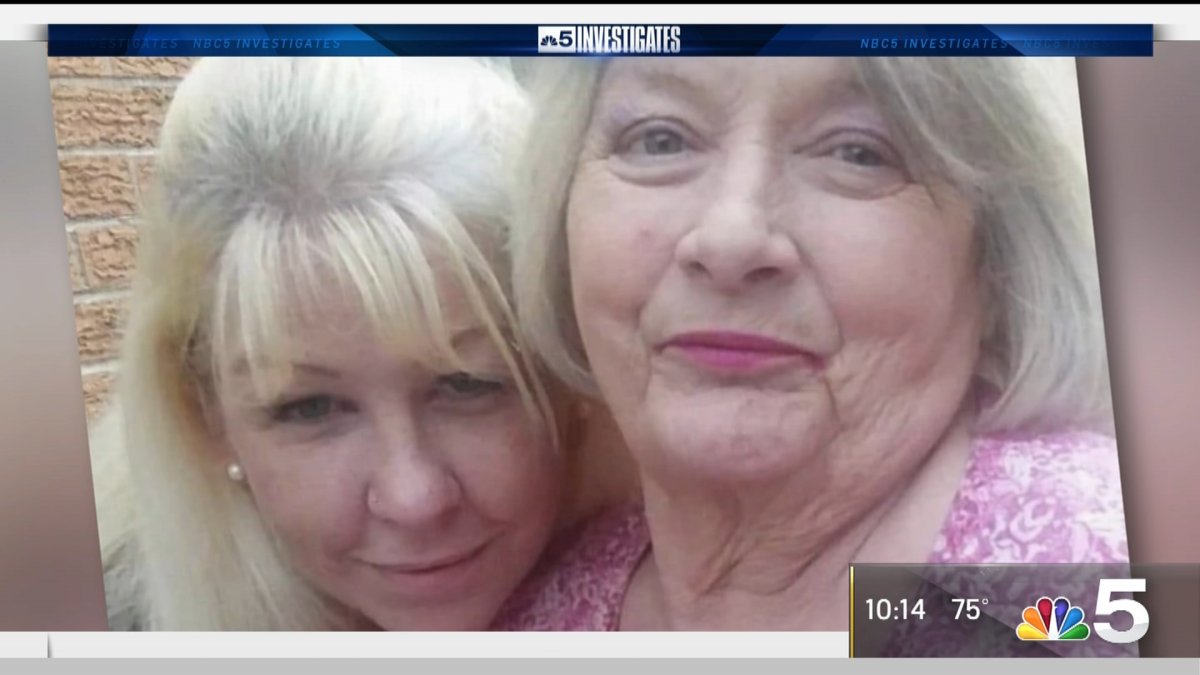
Families who’ve lost loved ones in nursing homes during the coronavirus pandemic, patient advocates and attorneys are blasting an executive order issued by Illinois Gov. JB Pritzker that they said protect an industry with a long history of issues. NBC 5’s Katie Kim reports
Families who’ve lost loved ones in nursing homes during the coronavirus pandemic, patient advocates and attorneys are blasting an executive order issued by Illinois Gov. JB Pritzker that they said protect an industry with a long history of issues.
“Families deserve answers. Families deserve to know what happened with their loved ones,” said Steve Levin, an attorney with Levin & Perconti.
In early April, Pritzker issued an order that provides immunity to hospitals, nursing homes and other health care facilities from civil liability for any injury or death, except in cases of gross negligence or willful misconduct, occurring at a time when the home or facility was “rendering assistance to the State” in response to the COVID-19 outbreak.
A governor’s spokeswoman defined “rendering assistance” as conducting widespread coronavirus testing of residents and staff, accepting transfer of COVID-19 patients, preserving personal protective equipment, among other requirements.
“The Executive Orders do not prevent lawsuits against nursing homes,” said a governor’s spokeswoman. “If it is determined that the nursing home was not taking steps to render assistance to the State, such as instituting appropriate infection control measures, the Executive Orders would not provide protection from liability.”
But plaintiffs’ attorneys said the orders are too broad and seeks to immunize facilities that have been rife with abuse.
“The pandemic blew the doors off. (The facilities) did not have the right staff, the right supplies, the right training and the right infection control procedures to deal with ordinary communicable diseases, let alone the pandemic,” Levin said.
Local
The Illinois Long-Term Care Ombudsman Program, a resident-directed advocacy program, is among those critical of the governor’s order.
“Judicial recourse discourages current and future bad practices by nursing homes and helps bring about positive health outcomes for nursing home residents,” said Kelly Richards, Illinois State Long-Term Care Ombudsman. “By allowing nursing homes to operate without this important check, we sacrifice one of the most effective tools in ensuring our fellow citizens are not neglected and harmed.”
Critics also said the administration did not seek the input of patient advocates and plaintiffs’ attorneys in drafting the order.
Jacqueline Stevens, a political science professor from Northwestern University, said the order raised questions about “the influences, the beneficiaries of that very broad policy without the deliberative process of the legislative body.”
Under the Freedom of Information Act, Stevens requested all correspondence from members of the governor’s office in relation to the order. She said she found hospital CEOs and lobbyists for the nursing home industry were consulted but not patient advocates, according to a story she penned for the Chicago Reader.
“It was very clear on who was being consulted and who was being left out,” Stevens said.
When asked about who weighed in on the order, a governor’s spokeswoman would only say the administration “discussed the legal issues and provisions with people internally and externally and tried to carefully consider all of the possible issues.”
The Health Care Council of Illinois, which represents more than 300 long-term care facilities, said providing immunity was necessary for staff to focus on critical care instead of worrying about legal consequences.
“Nursing homes being targeted for litigation is relatively unfair, given the insurmountable obstacles they’ve had to face in providing care to medically-complex residents in the face of a lack of testing, a lack of PPE and an ever-changing guidance from multiple regulatory agencies,” said health care attorney Meredith Duncan.
In Illinois, 54 percent of all coronavirus-related fatalities have occurred among residents of long-term care facilities, according to the latest data posted on the Illinois Department of Public Health website.